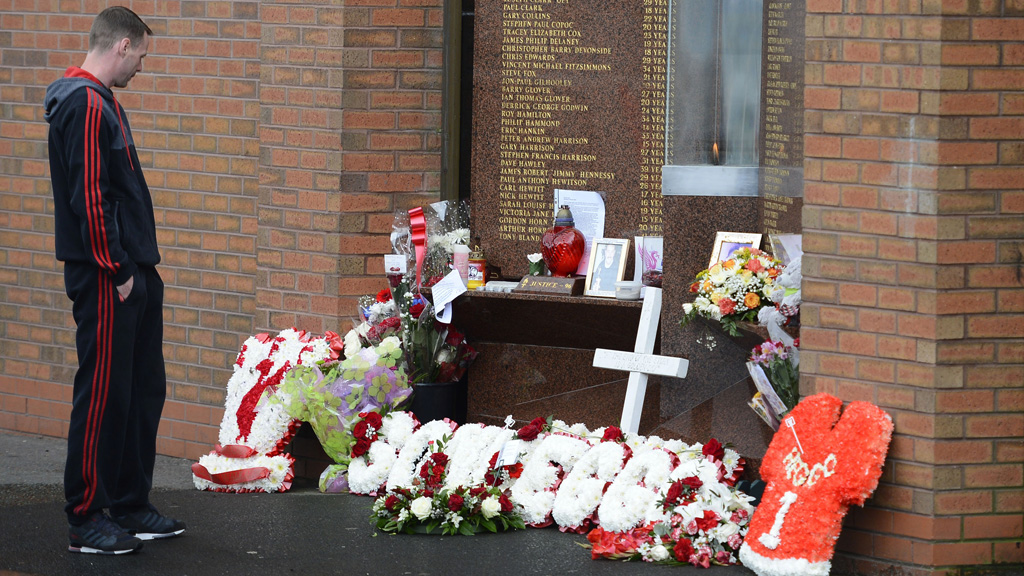Hillsborough coroner’s verdicts set to be quashed
The attorney general is to pave the way for fresh inquests into the deaths of 96 football fans in the Hillsborough disaster by applying for previous coroners’ verdicts to be quashed.
Dominic Grieve QC (pictured left), the attorney general, says in the House of Commons today that he was applying for the verdicts of the original inquests into the Hillsborough 1989 football disaster to be quashed.
The move will pave the way for fresh inquests into the deaths of 96 people who were crushed as they tried to enter Sheffield Wednesday’s football ground for the FA Cup Final on April 15.
Mr Grieve said his consideration of all of the evidence from the Hillsborough report, published by the Hillsborough Independent Panel last month, was far from over, and said he could not give an estimate as to how long this process would take.
However, he said he was taking the exceptional step of asking for the inquests to be quashed based on the evidence he had already reviewed.
‘Potential to survive’
One of the key criticisms of the original inquests was the claim that after 3.15pm on the tragic day, no action could have been taken to save the lives of the 96 people who died.
However, the Hillsborough report found that 41 people had the “potential to survive” after that point. The report said: “Some of those who died did so after a significant period of unconsciousness during which they might have been able to be resuscitated.”
Hillsborough report: the key findings - read the report's criticisms from the coroner to the media
Because of the 3.15pm cut-off, evidence about the response of the emergency services after this time would have been excluded from the coroner’s inquest, the report found.
The original coroner, Dr Stefan Popper, also found that the vast majority of fatalities were by the same cause: traumatic asphyxiation.

According to the Hillsborough report, however: “There was clear evidence from the post-mortem reports that 28 of those who died did not have traumatic asphyxia with obstruction of the blood circulation, and asphyxia may have taken longer to be fatal.
“There was separate evidence that in 31 the heart and lungs had continued to function after the crush, and in 16 of these this was for a prolongued period.”
Police inquiry
The decision to hold new inquests into Hillsborough follows last week’s announcement by the Independent Police Complaints Commission that it will hold the “UK’s largest ever” inquiry into police conduct around Hillsborough. Serving and retired officers could face criminal charges in the outcome of such inquiry.
Hillsborough: inside the library of a cover-up - see the police statements edited by senior officers
Among those being investigated is Sir Norman Bettison, who was chief constable of South Yorkshire at the time of the disaster.
The investigation follows a number of criticisms of the police in the Hillsborough report, including that senior officers altered statements of junior officers in order to deflect criticism onto fans, that police passed misleading information onto the media, MPs and parliament, and that the police took a number of other actions to deflect attention such as blood alcohol checks on fans including children.
-
Latest news
-
Windrush scandal: returning to the UK after a forty year wait6m

-
Netanyahu ‘survival’ depends on ‘expanding war’ says head of Palestinian National Initiative5m

-
Proposed law change could strip parental rights from paedophiles5m

-
Hugh Grant settles privacy lawsuit against The Sun newspaper publisher2m

-
Post Office Scandal: what did top executive know?6m

-





